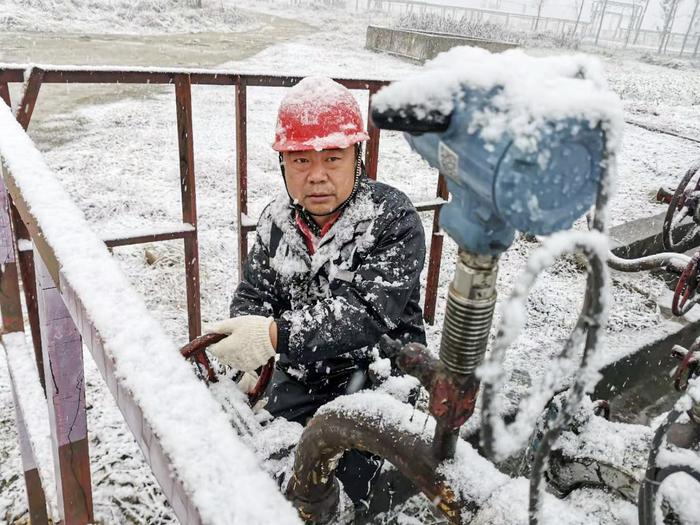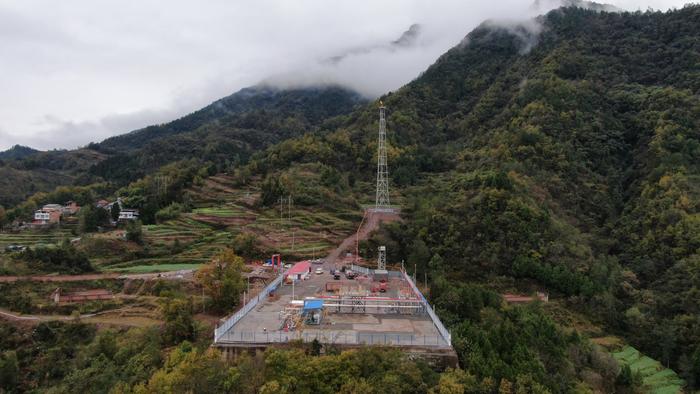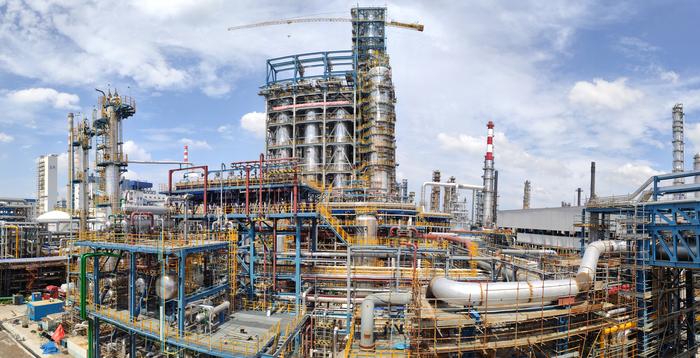|
| 2020-11-25 来源: 中国石化新闻网 |
| 石化新闻 |
中国石化新闻网讯 据油价网奥斯陆报道,挪威能源巨头Equinor 11月17日在奥斯陆表示,疫情导致的需求增长放缓,以及投资减少导致的全球石油供应下降,可能导致全球石油需求峰值提前2-3年到来,而此前的预期是全球石油需求将在2030年左右达到峰值。 这家在其他主要欧洲公司在此承诺以后刚刚宣布了其在2050年前成为一个净零排放能源企业的挪威油气巨头在其年度能源远景报告中说,疫情及其对人们工作和相互作用方式的影响可能会挑战石油需求峰值会在2030年左右出现的早些时候的假设。 此外,据这家挪威能源巨头所说,主要经济体旨在“重建更绿色环保”的承诺可能意味着在政府和公众的驱使下更多的能源投资将朝着可再生能源的方向发展。 Equinor说,疫情不仅改变了人们上下班和使用交通工具的方式,还导致了石油供应方面的投资减少。因此,Equinor补充说,2030年石油需求峰值的假设可能会受到挑战,这是因为低投资导致的石油供应下降可能会迫使这一日期提前2-3年。 其他预测人士也表示,疫情将加快石油需求峰值的到来。英国石油公司在9月份的年度展望报告中说,由于燃油消费可能永远无法从新冠肺炎疫情大流行造成的下降中恢复过来,全球石油需求去年可能已经超过了峰值。 即便有这样的估计,英国石油公司首席执行官伯纳德·鲁尼10月在一个在线论坛上表示,“石油需求见顶并不意味着石油的末日。石油将在非常、非常长的一段时间内存在。” 法国能源巨头道达尔公司认为全球石油需求将在2030年停止增长。 欧佩克10月表示,全球石油需求预计将在2022年超过大流行前的水平,并将稳步增长,直至本世纪30年代末,以后将开始趋于平稳。欧佩克对全球石油需求见顶时间的预测出现了重大转变。 李峻 编译自 油价网 原文如下: Equinor Sees COVID Accelerating Peak Oil Demand To 2027-2028 Slower demand growth due to the pandemic and a drop in global oil supply due to low investments could result in peak oil demand 2-3 years sooner than an earlier view that demand will peak around 2030, Norway’s energy giant Equinor said on Tuesday. The oil and gas major, which has just announced its ambition to become a net-zero energy business by 2050, following other major European companies in this pledge, said in its annual Energy Perspectives report that the pandemic and its effect on the way people work and interact could challenge the earlier assumption of peak oil demand around 2030. In addition, the promises of major economies to “build back greener” could mean that more energy investments will be heading renewables’ way, driven by support from governments and the general public, according to the Norwegian major. COVID-19 has altered not only the way people commute and use transport, but it has also led to reduced investments in oil supply, Equinor said. Therefore, the 2030 peak oil demand assumption could be challenged, as “a decline in oil supply due to low investments could force that date 2-3 years earlier,” the company added. Other forecasters have also said that the pandemic is set to accelerate the timeline of peak oil demand. In its annual outlook in September, BP said that globally, we may have passed peak oil demand last year, as fuel consumption may never recover from the pandemic-inflicted decline. Even with this estimate, BP’s chief executive Bernard Looney said at an online forum last month that “peaking of oil demand does not mean the end of oil. Oil will be around for a very, very long time.” France’s Total sees global oil demand to stop growing in 2030. OPEC expects global oil demand will exceed the pre-pandemic levels in 2022 and grow steadily until the late 2030s, when it will begin to plateau, the cartel said last month in a major shift in its forecast that put a timeline to peak oil demand. |








